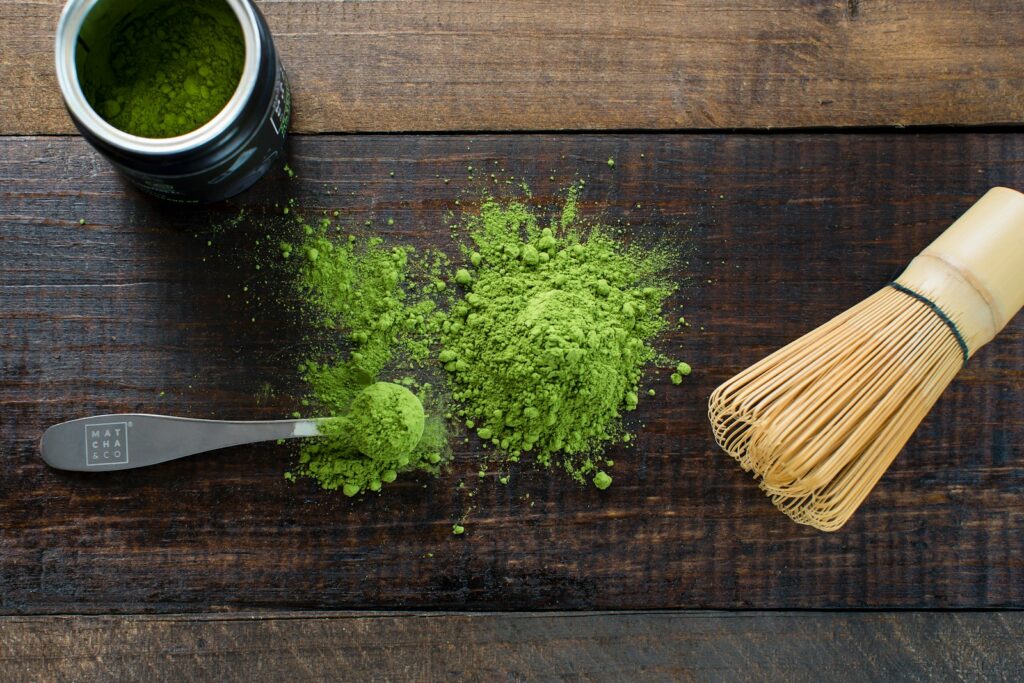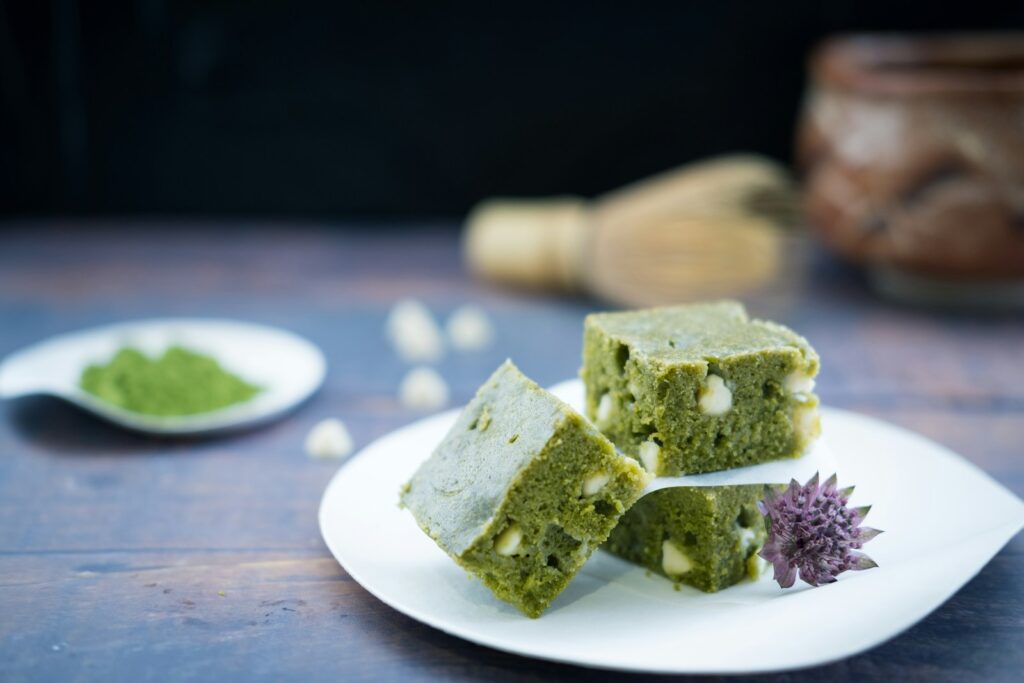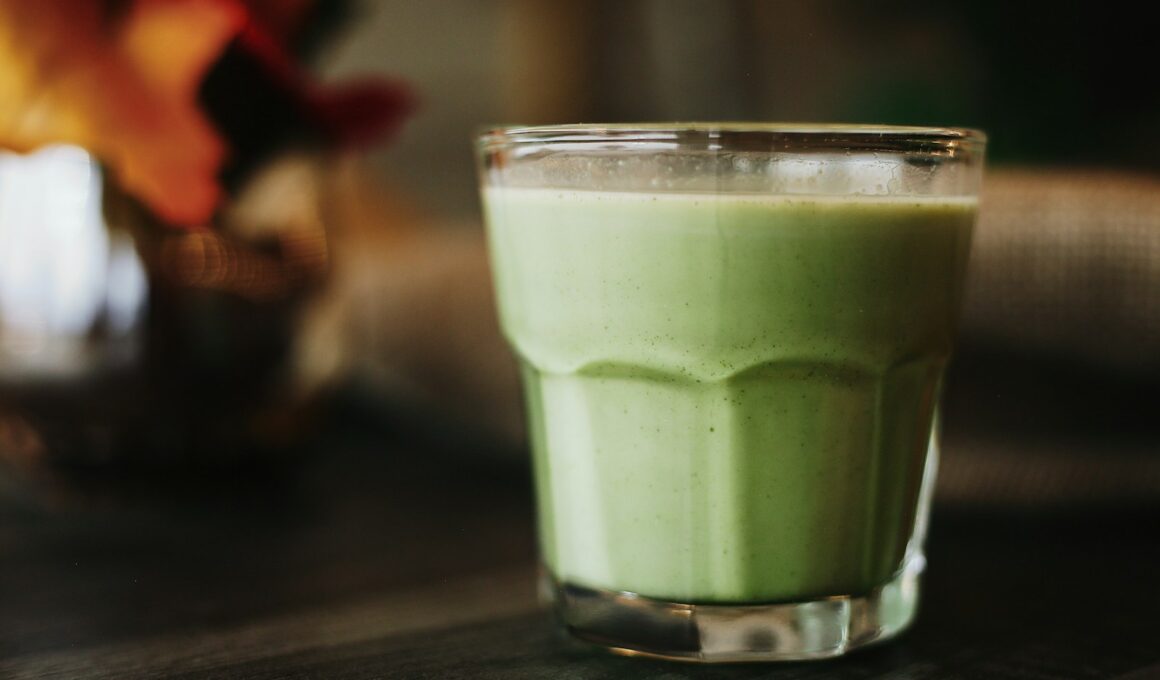Is Matcha Good for Gut Health?
I’ve noticed numerous discussions online about matcha, highlighting its strong ties to Japanese and Chinese culture and the various health benefits associated with consuming it in the morning, as well as using it as a caffeine substitute. This made me curious about the impact of matcha on gut health. Is this powdered green tea just a pleasant addition to your morning ritual, or does it provide significant digestive advantages?
Matcha is indeed good for gut health. This vibrant green powder is more than just a trendy beverage; it’s a powerhouse of nutrients and antioxidants that can significantly benefit your digestive system.
Matcha is essentially green tea leaves that have been ground into a fine powder. Unlike traditional green tea, where the leaves are infused in water and then removed, with matcha, you’re consuming the whole leaf. This means you’re getting a more concentrated dose of the plant’s beneficial compounds, including catechins, antioxidants, vitamins, and minerals.

4 Gut-Health Benefits of Matcha
Rich in Antioxidants
One of the most significant benefits of matcha for gut health comes from its high concentration of antioxidants, particularly catechins. Catechins are known for their anti-inflammatory properties, which can be incredibly beneficial for the gut. Inflammation is a common underlying factor in many digestive disorders, including inflammatory bowel disease (IBD), irritable bowel syndrome (IBS), and gastritis.
Dietary Fiber
Though not often discussed, matcha contains a small amount of dietary fiber. Fiber is crucial for gut health, as it helps regulate bowel movements and supports a healthy microbiome. A well-functioning digestive system relies on a balanced mix of soluble and insoluble fiber, and while matcha shouldn’t be your only source of fiber, it can contribute to your daily intake.
Promotes a Healthy Microbiome
The gut microbiome, consisting of trillions of bacteria and other microorganisms, plays a vital role in our overall health. These microbes help digest our food, regulate our immune system, and protect against harmful bacteria. The polyphenols in matcha can help promote the growth of beneficial gut bacteria, contributing to a healthier gut microbiome. This, in turn, can improve digestive health and even enhance immune function.
Detoxification Properties
Matcha’s bright green hue comes from chlorophyll, a natural pigment found in plants. Chlorophyll is known for its detoxifying properties, helping to eliminate toxins from the body. Toxins can negatively affect gut health by damaging the gut lining and disrupting the balance of gut bacteria. By supporting the body’s detoxification processes, matcha can help maintain the integrity of the gut lining and promote a balanced microbiome.
How to Incorporate Matcha into Your Diet
Incorporating matcha into your diet is relatively straightforward and can be quite enjoyable. Here are a few simple ways to enjoy matcha and reap its gut-health benefits:
- Matcha Tea: The traditional way to enjoy matcha is as a tea. Simply whisk matcha powder with hot water until it’s frothy, and enjoy. This method allows you to fully experience the flavor and benefits of matcha.
- Smoothies: Add a teaspoon of matcha powder to your favorite smoothie recipe for an antioxidant boost.
- Baking: Matcha can be incorporated into baked goods, such as muffins, cakes, and cookies, adding a unique flavor and color.
- Cooking: Experiment with adding matcha to savory dishes. It can add an interesting twist to sauces, marinades, and even soups.

Top 5 Matcha Green Powder
Product | Link | Price & Review |
Organic Matcha Green Tea Powder | $19.00 | |
Sayaka Matcha | $34.96 | |
Jade Leaf Organic Matcha Latte Mix | $9.45 | |
Matcha Culinary Grade Premium | $9.95 | |
Chamberlain Coffee Matcha Tea Powder | $21.85 |
Disclaimer: By clicking on the links, you’ll be supporting me, and I may receive a commission. Keep in mind that prices may have changed by the time you click on the link.
Final Thoughts
Matcha is more than just a trendy ingredient; it’s a beneficial superfood that can significantly impact gut health. Its high antioxidant content, dietary fiber, and ability to promote a healthy microbiome make it a valuable addition to a gut-friendly diet. Whether you’re a long-time matcha enthusiast or just curious about trying it, incorporating matcha into your daily routine can be a delicious way to support your digestive health.
As with any dietary change, it’s important to listen to your body and adjust accordingly. For some, matcha can be quite energizing due to its caffeine content, so it’s best to start with a small amount and see how you feel. Embracing matcha as part of a balanced diet, alongside a variety of other nutritious foods, can help you achieve and maintain optimal gut health.










